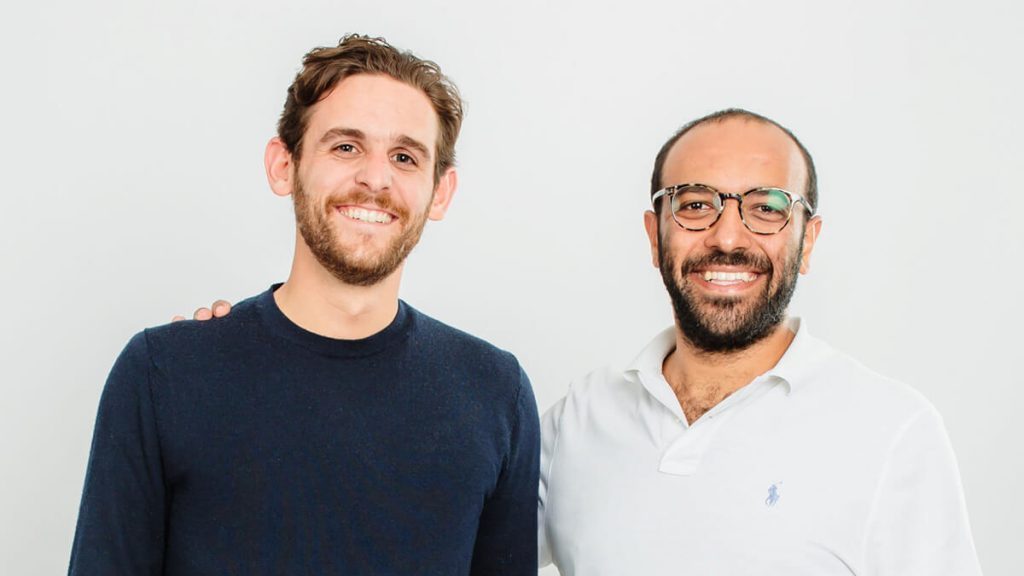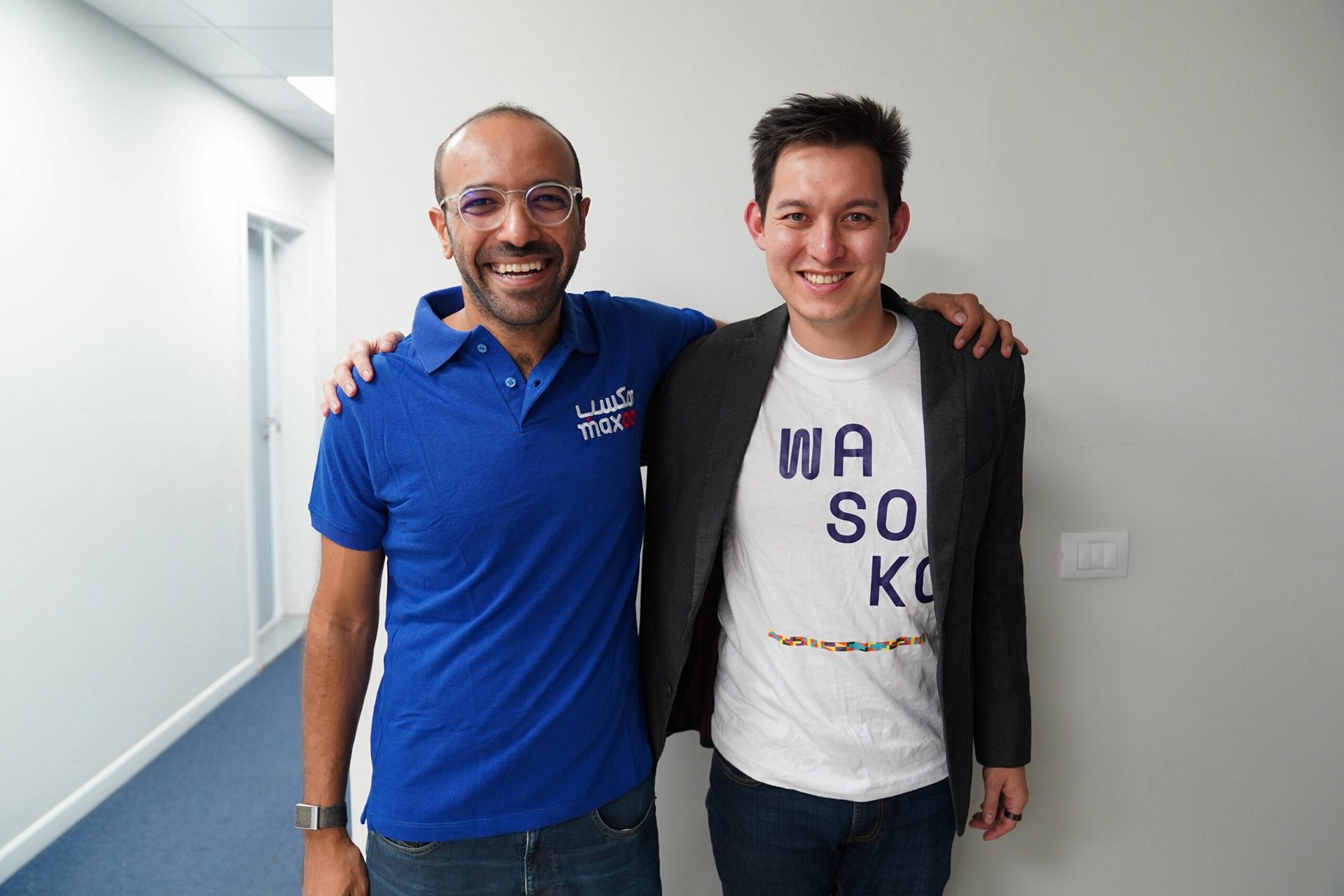Maxab: Egypt’s Leading B2B Wholesale Food and Grocery E-commerce Platform
18 April 2024•
Founded in 2018, MaxAB has gone on to become a leading food and grocery B2B e-commerce and distribution platform serving a network of traditional retailers across Egypt and Morocco.
- Total Funding: US$ 101.2 million
- Year Established: 2018
- HQ: Cairo
- Sector: Ecommerce
- Employees: Less than 3,000
- Website: http://www.maxab.io/
The company has connected suppliers with over 150,000 unique traditional retailers in food and grocery supply chain across Egypt and Morocco. It also offers financing products to its merchants. The company has already successfully fulfilled over 2.5 million orders from its over 30 warehouses across both the countries.
The founders, Belal El-Megharbel and Mohamed Ben Halim, additionally launched MaxAB Payments in 2021, a fintech service that enables local merchants to accept payments for various services that their end customers may require. The company has also launched a logistics as a service offering in 2022 enabling retailers to deliver B2C e-commerce shipments for B2C e-commerce platforms.

In Frame: Mohamed Ben Halim (left) and Belal El-Megharbel (right), co-founders of MaxAB
MaxAB has been busy in advancing both digitization and financial inclusion. In May 2023, MaxAB Payments signed a cooperation protocol with Banque Misr to provide financial and non-financial solutions. In November 2023, it penned a partnership with Mastercard, which will equip the company’s network of 100,000 MSMEs with innovative digital payment solutions, which will enable businesses to accept contactless payments from end consumers. This is the first such agreement in Egypt and aligns with Mastercard’s global strategy to bring 50 million MSMEs globally into the digital economy by 2025.
Its funding journey has been impressive, having raised over US$ 100 million since its launch. Post its seed round in 2019, where the company raised US$ 6 million, from the likes of 4DX Ventures, Beco Capital and Endure Capital, it went on to raise an additional US$ 95 million between 2021 and 2022. The first was a US$ 55 million capital raise in 2021 followed by a US$ 40 million raise in 2022. Through the capital raise, MaxAB was able to acquire the Morocco based B2B e-commerce and distribution platform WaystoCap.
It’s approach to growth has been to go deep rather than wide, and it shows its commitment by initially having focused on Egypt and building a successful business model, post which it expanded to another country. The expansion has taken it three years, learning from its business in Egypt, to go to Morocco, in 2022.
What’s next? The company is in talks with Wasoko to merge operations and is planning to further expand to Saudi Arabia this year. Wasoko has operations across the Eastern African nations of Kenya, Tanzania, Rwanda, Uganda and Zambia, while MaxAB’s operations is focused on Northern Africa across Egypt and Morocco.
Related: MaxAB Merges with Wasoko, Africa's Largest B2B E-Commerce

In Frame: Belal El-Megharbel and Daniel Yu of Wasoko
Next Read: Egyptian Unicorns & Success Stories



%2Fuploads%2Fegypt-2024%2Fcover.jpg&w=3840&q=75)